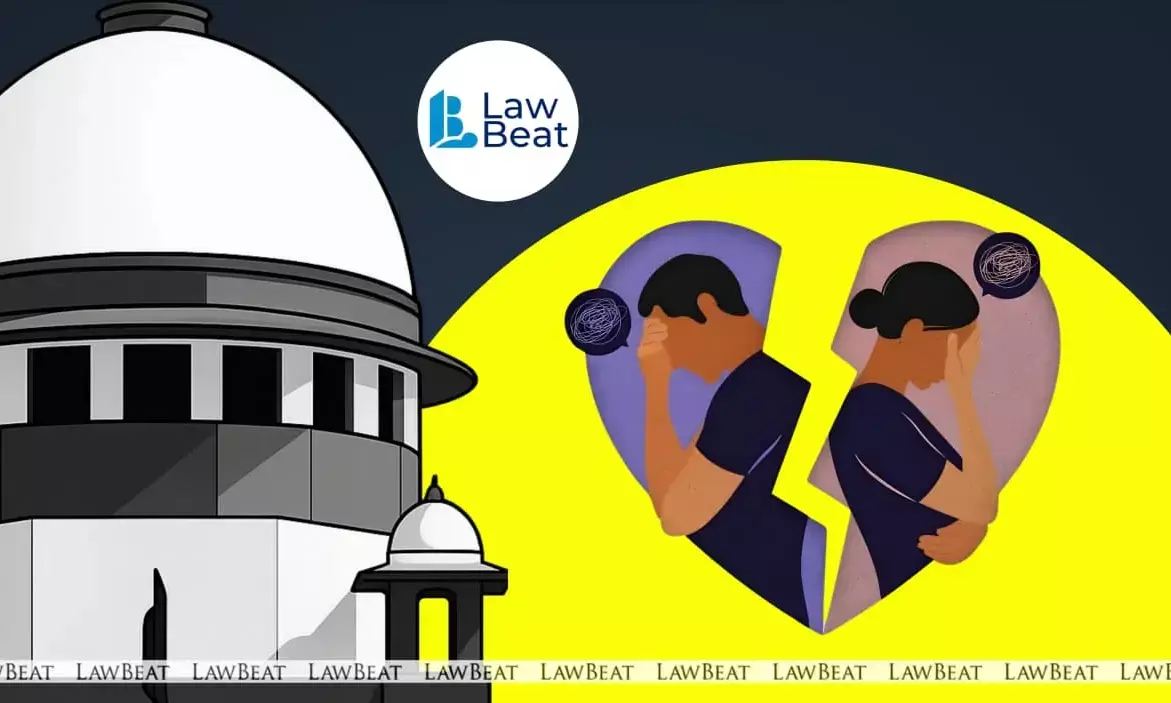‘Don’t Conclude Marriage Is Irretrievably Broken Down Just Because Couple Lives Apart’: SC

Refusal to Accommodate Each Other Is Cruelty, Says Supreme Court
The Supreme Court has held that courts must not mechanically conclude that a marriage has “irretrievably broken down” merely because the spouses have been living separately, setting aside a Uttarakhand High Court order that had granted a decree of divorce on the ground of cruelty without a proper examination of evidence. The matter has been remitted to the High Court for a fresh determination of responsibility for the marital separation.
Emphasising judicial caution, the bench of Justices Surya Kant and Joymalya Bagchi said that before arriving at a finding of irretrievable breakdown, courts are obligated to determine which party precipitated the rupture in the relationship and whether the separation was voluntary or forced.
Court stressed that such conclusions cannot be reached in a cursory manner, especially when the consequences extend to the well-being of minor children. It observed that the High Court had failed to undertake this assessment.
Underscoring the law on desertion, court held that findings on this ground demand a careful analysis of conduct, intention, circumstances, and the totality of evidence. Unless there is cogent proof that one spouse willfully abandoned the other or deliberately refused to cohabit, no court can assume that the marriage has reached a point of no return. The bench reiterated that premature declarations of irretrievable breakdown, unsupported by evidence, may have “devastating effects” on children and undermine the essential judicial responsibility to ascertain truth before granting divorce.
These observations came while examining a marital dispute in which the parties married in 2009 and had a child the following year. Discord surfaced soon after, with the husband first filing a divorce case in 2010 alleging cruelty. That case was withdrawn. In 2013, he instituted a second petition, this time accusing the wife of desertion. The wife contested the allegations, asserting that she had been forced out of the matrimonial home and had no option but to live separately. She has had custody of the child throughout.
The trial court dismissed the second petition in 2018 after concluding that desertion had not been proved. The husband appealed, and in 2019, the Uttarakhand High Court reversed the decision, accepted his oral statements alleging mental cruelty, and granted divorce. It did so without examining the wife’s claim that she had been thrown out, without analysing responsibility for the separation, and without addressing whether the earlier withdrawn divorce petition barred the second one.
The Supreme Court found these omissions significant and held that the High Court’s approach was inconsistent with settled principles governing matrimonial disputes.
Court stated that when litigating spouses have been living apart for long durations, courts frequently jump to the conclusion that the marriage has collapsed irretrievably. Findings of cruelty or desertion cannot rest on one-sided oral assertions, court added; they require close scrutiny of evidence, social context, and the factual matrix.
Holding that no such scrutiny had occurred, the Supreme Court set aside the High Court’s decree of divorce and remitted the matter for reconsideration. It directed that the issues of desertion, cruelty, responsibility for separation, and maintainability of the second divorce petition be evaluated afresh in accordance with law.
The parties have been directed to appear before the High Court on 24 November 2025.
Case Title: Dr Anita Vs Indresh Gopal Kohli
Order Date: November 14, 2025
Bench: Justices Surya Kant and Joymalya Bagchi
